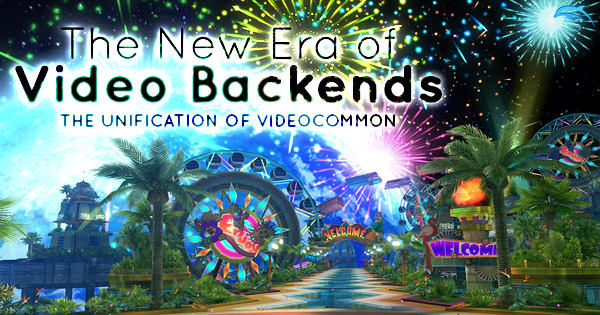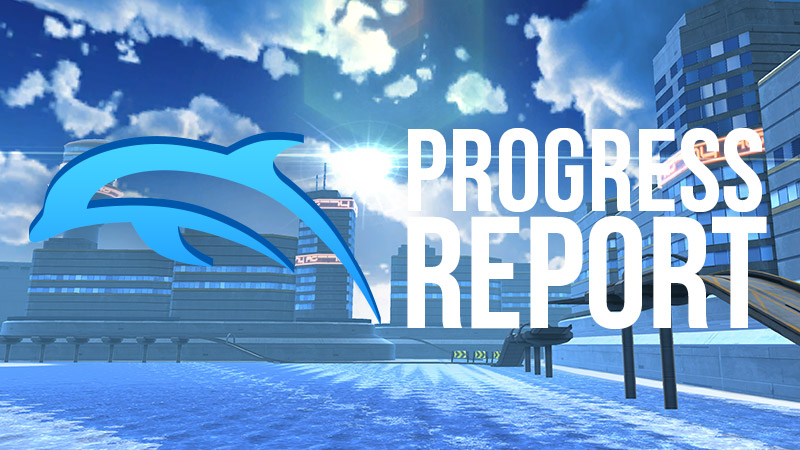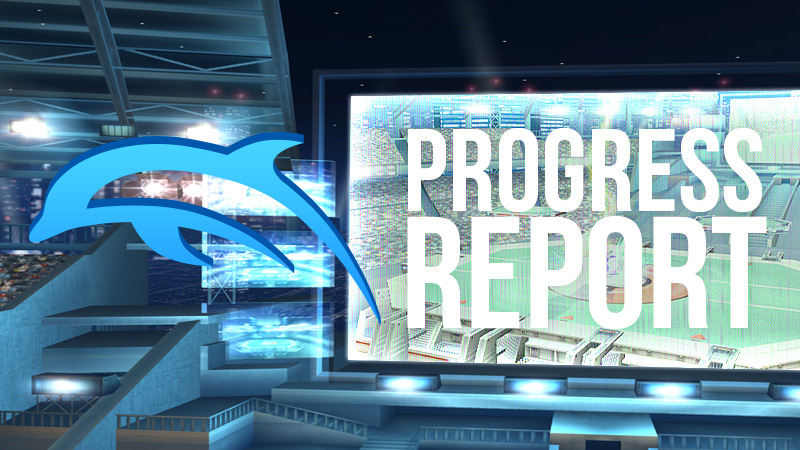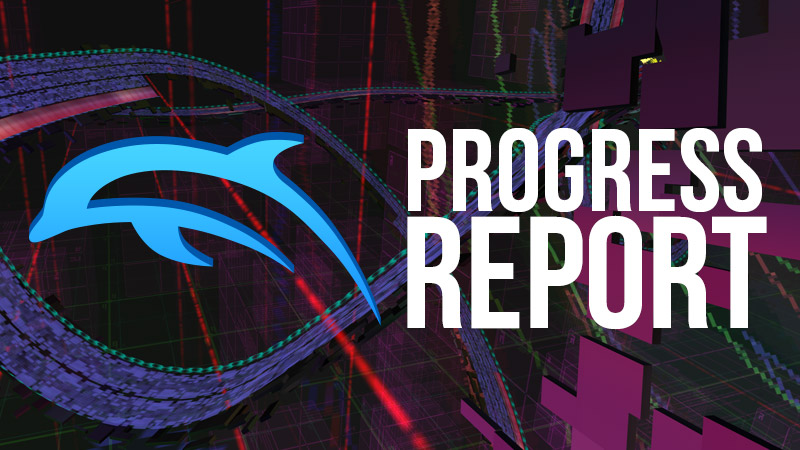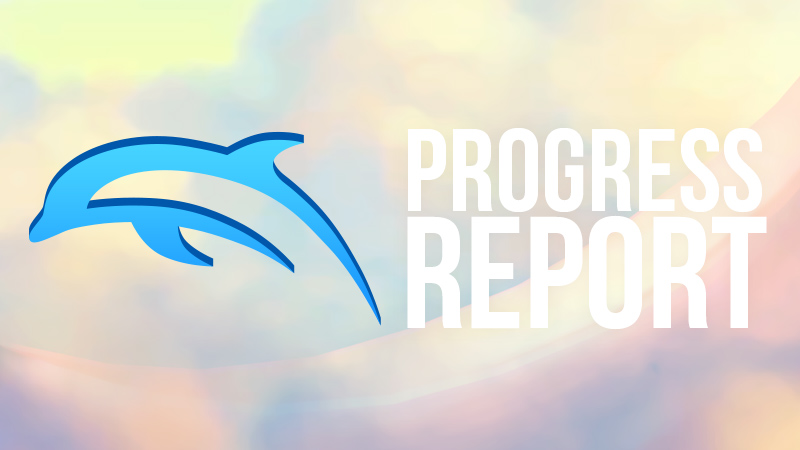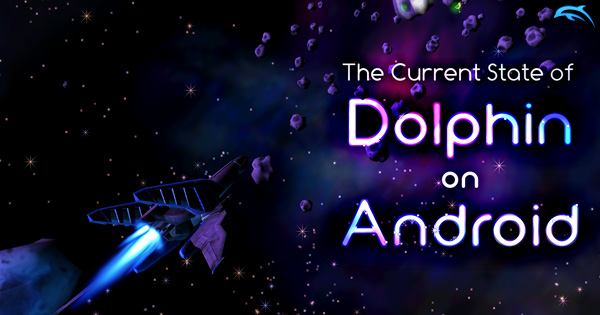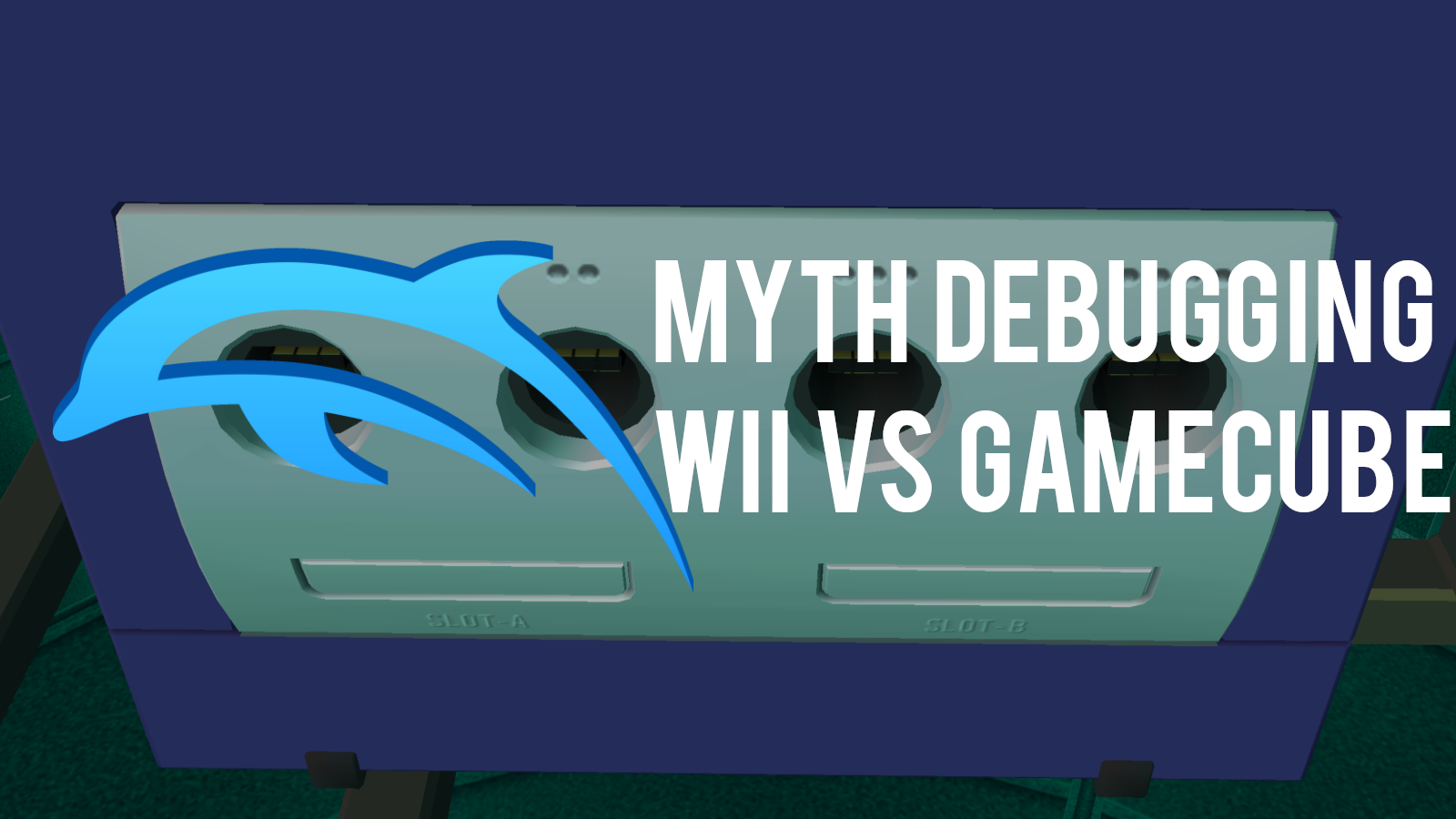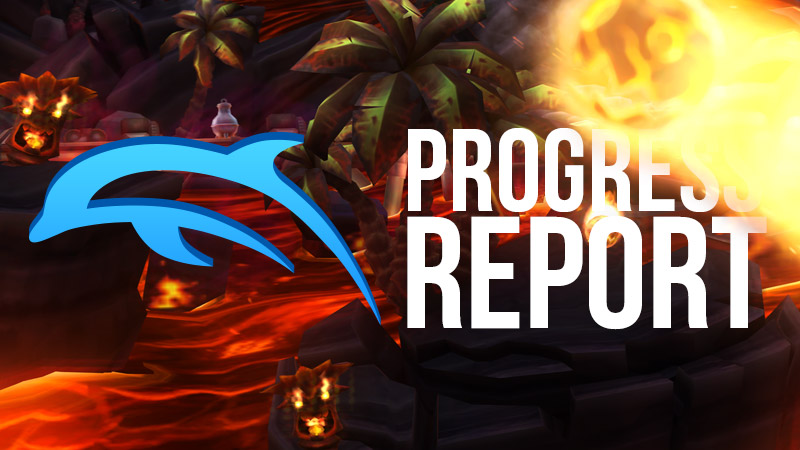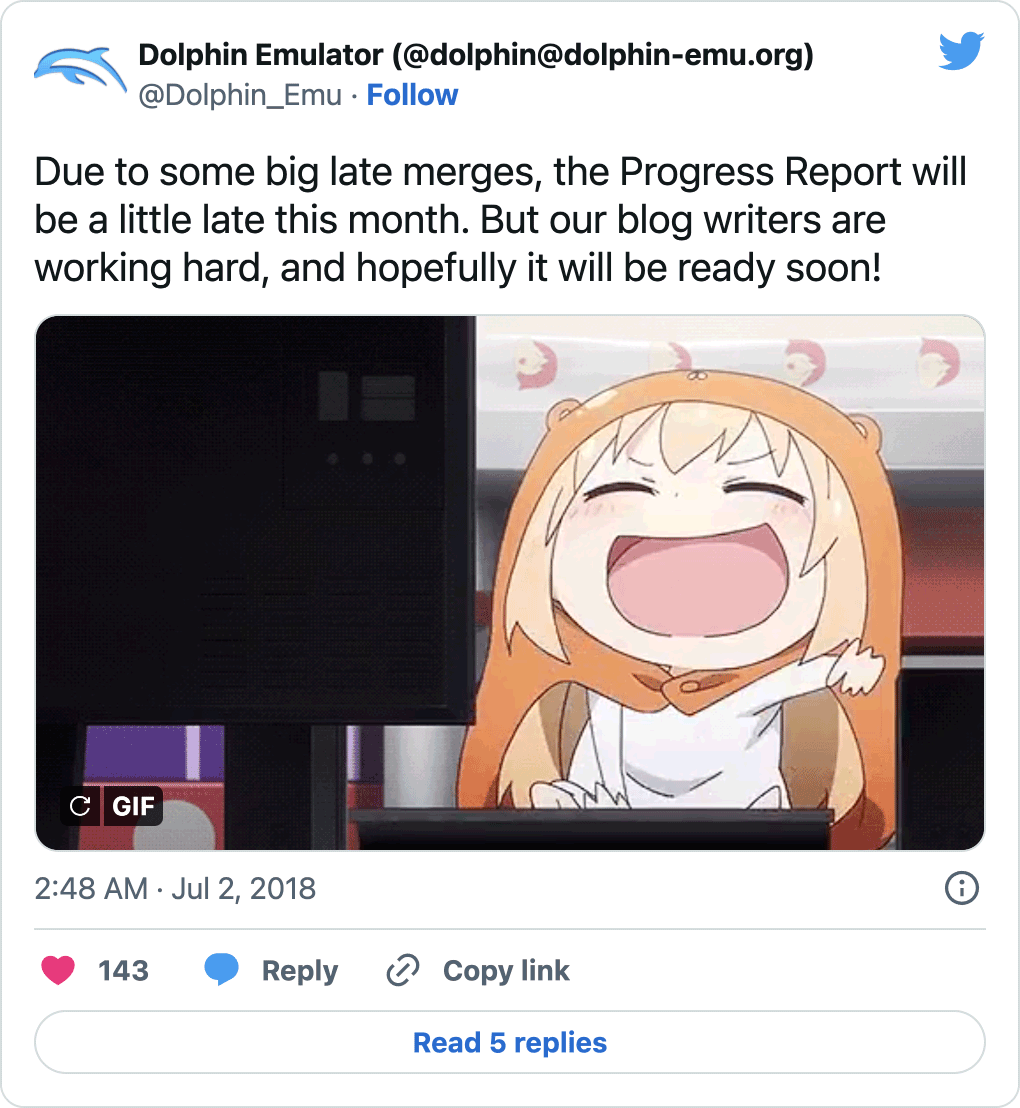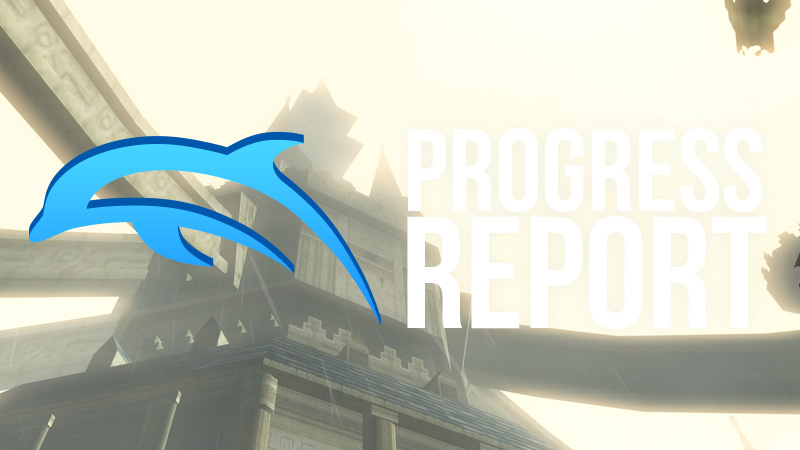It's not common for a rewrite to be something that warrants an article, but, this is one of the exceptions. Over the past few years, parts of Dolphin's video core have seen renovations to make way for new features, but a fundamental problem remained. Dolphin's video backends suffered from both having too many unique features while also duplicating tons of code from the other backends, making it difficult to add new features and maintain old ones.
Those that have followed Dolphin from the very beginning may remember that its video backends …
Continue reading
You can continue the discussion in the forum thread of this article.
While there are a lot of notable changes to go through from the past two months, there's some notable news for the general Wii community. By the time this article is up, the Nintendo Wii Shop will be closed. Purchasing will be entirely disabled so all remaining Wii Points will be rendered useless, and even downloading of purchased games will be disabled at an undefined date in the future. While this may not seem like very big news for an emulator, Dolphin does actually support connecting to and buying …
Continue reading
You can continue the discussion in the forum thread of this article.
Even though the Wii's official library is mostly set, both the GameCube and Wii are entering a new golden age as a popular environment for randomizers, full-game mods, incredible cheat codes, and much more. Stalwarts like the Super Smash Bros. Brawl Mod, Project M have been around for years, but now there are many other communities around various games breathing new life into them. You can find codes to help balance games like Mario Party 5, content mods for Kirby Air Ride that add tons of new …
Continue reading
You can continue the discussion in the forum thread of this article.
Since the Dolphin 5.0 release, Dolphin has had opt-in usage statistics reporting to help us determine what hardware and builds users are using. Recently, this feature was also added to Dolphin Android, letting us see that around 10% of our users on development builds are using the Android version of Dolphin. Obviously, Dolphin on Android isn't going to be a perfect experience for quite some time, but in the meantime we will continue to add features and try to make the Android experience as clean as possible, even if the …
Continue reading
You can continue the discussion in the forum thread of this article.
One of the most interesting challenges of developing an emulator is that both the target hardware and most of the target software start out as black boxes. As often mentioned within emulation circles, the first step to developing an emulator for a console is getting unsigned code running on real hardware. While running unsigned code on the GameCube can be a bit of a pain, requiring custom hardware or a mixture of the broadband adapter and certain games, the Wii has one of the most robust homebrew environments of any console. …
Continue reading
You can continue the discussion in the forum thread of this article.
Dolphin on Android has had a bit of a checkered history since its inception. Users loved the idea of being able to take their favorite GameCube and Wii games on the go, but expectations and reality have never quite aligned. When Dolphin was first uploaded to the Play Store, developers tried to make it absolutely clear games wouldn't be playable, even going as far as calling it "Dolphin Emulator Alpha". Unfortunately, despite many warnings, many people got their hopes up the moment they saw Dolphin was on the appstore and …
Continue reading
You can continue the discussion in the forum thread of this article.
On July 13th, 2008, Dolphin went open source, now just over ten years ago. While it could be easy to drift off into how much things have changed... there's one particular feature that has never quite lived up to the hype despite debuting that very same year - netplay.
As surprising as it may sound Dolphin Netplay has been around since the emulator went open source. For roughly a decade, users have tried their hand at taming the beast of synchronizing multiple instances of a GameCube and Wii despite their …
Continue reading
You can continue the discussion in the forum thread of this article.
Users of Dolphin may have noticed that things look a little bit different in the GUI. That's right, mid-April DolphinQt was unleashed to the masses as the default GUI! It hasn't been without some expected headaches and growing pains, but, overall most of the features are working and the transition is going along as smoothly as we could have hoped. For those having problems, the DolphinWx.exe is still included and will be updated with all the core changes.
Considering that we spent a whole monthly article on Qt, let's get …
Continue reading
You can continue the discussion in the forum thread of this article.

